Dylan Thomas ‘Poems, Seagulls, Swansea Center, and the Shoppers, Wales, UK, on, May 25, 2019
Photographs by Ing-On Vibulbhan-Watts
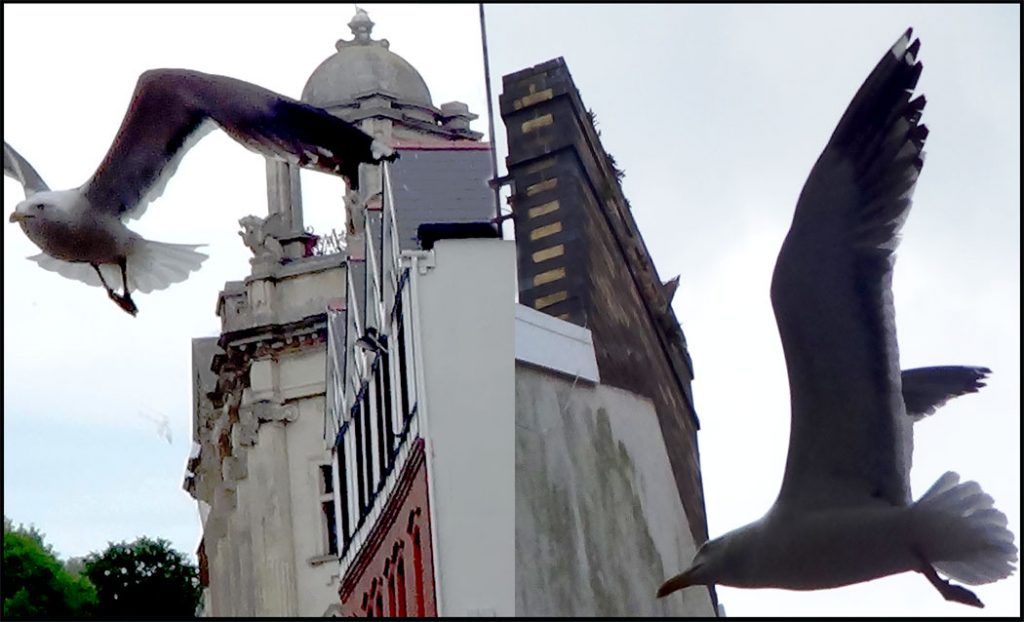
Oh, Seagulls!
You are free
Flying above people
Landing on the roofs and on the ground
Walking among people
As if you are the shoppers
Picking throw away food
For your delicious meals
Swansea is your home
No place like Home
Poem written by Ing-On Vibulbhan-Watts, Saturday, June 8, 2019, 12:30 a.m.

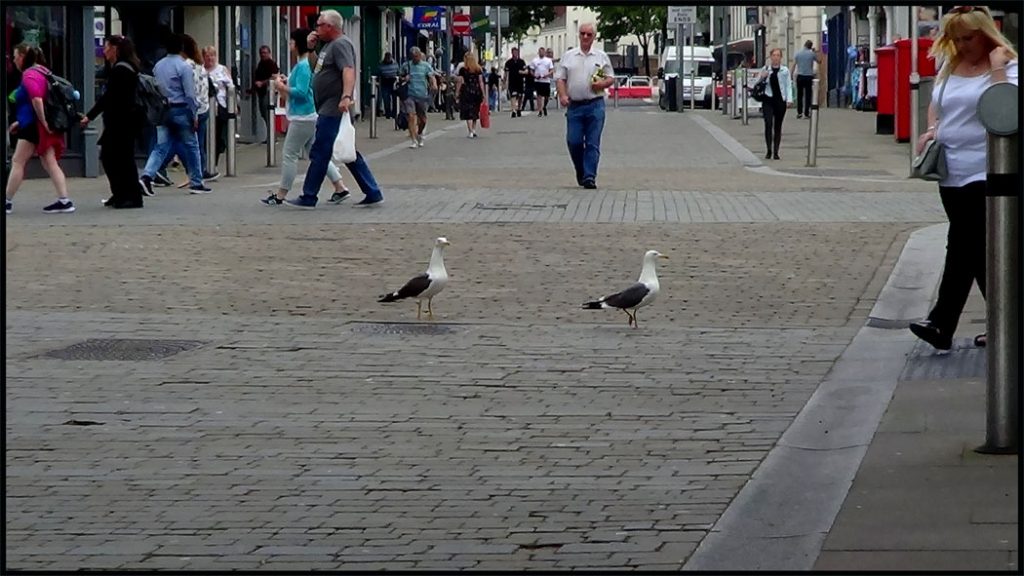


While I was walking among the Welsh, I thought about Dylan Thomas. He is one of my favorite artists. I wish that he would have lived longer than thirty-nine years. He passed away on November 9, 1953, shortly after his thirty-ninth birthday.

Dylan Thomas was one of the great Poet and writer in his time, 1914-1953 and at the present time. He was born in Swansea on October 27, 1914. He was a son of the senior English master at the grammar School in Swansea.

He worked briefly at the South Wales Evening Post before embarking on a literary career in London. He wrote eighteen poems in 1934, twenty-five poems in 1936.

He wrote, The Map of London in 1939, Deaths and Entrances in 1946, and, In Country Sleep, in 1952.

Dylan Thomas’ collected poems 1934-1952 was published in 1952.

Throughout his life he also wrote short stories, the most famous collection being the autobiographical stories comprising, Portrait of the Artist as a Young Dog, in 1940.

During the 1940s and early 1950s he also wrote film scripts, and features and talks for radio.
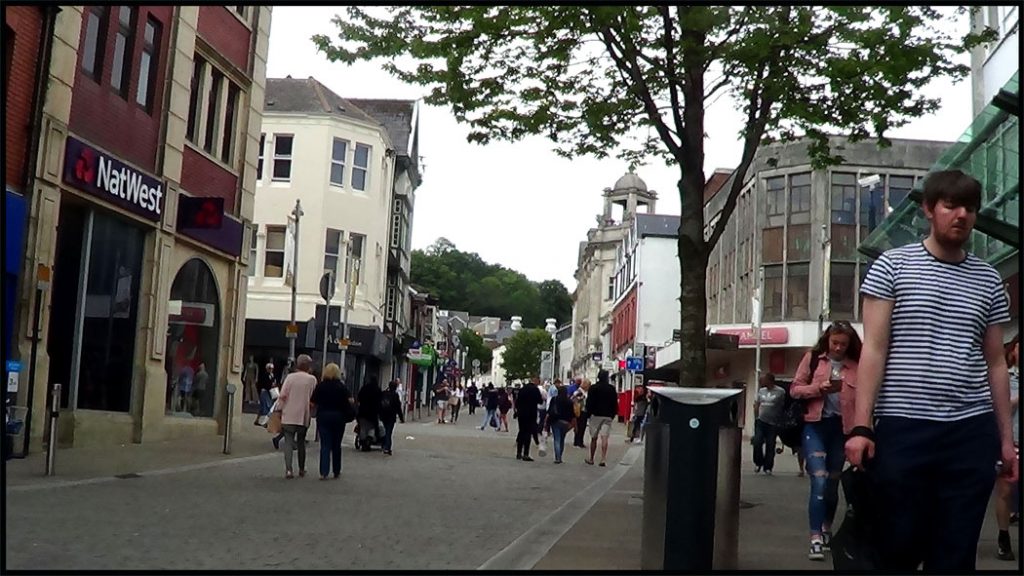
Between 1950 and 1953 he went on four lecturing visits to America, and it was on the last of these trips that he completed his radio play for voices, Under Milk Wood.

On November 9, 1953, shortly after his thirty-ninth birthday, he collapsed and died in New York City. He is buried in Laugharne, Carmarthenshire, which had become his main home since 1949.

On March 1, 1982 a memorial stone to commemorate Dylan Thomas was unveiled in ‘Poets’ Corner’ in Westminster Abbey.

The above information was taken from, “The Collected Stories Dylan Thomas”, edited by Walford Davies, introduced by Leslie Norris.

Fern Hill by Dylan Thomas
Now as I was young and easy under the apple boughs
About the lilting house and happy as the grass was green,
The night above the dingle starry,
Time let me hail and climb
Golden in the heydays of his eyes,
And honoured among wagons
I was prince of the apple towns
And once below a time
I lordly had the trees and leaves
Trail with daisies and barley
Down the rivers of the windfall light.

And as I was green and carefree,
famous among the barns
About the happy yard and singing as the farm was home,
In the sun that is young once only,
Time let me play and be
Golden in the mercy of his means,
And green and golden
I was huntsman and herdsman,
the calves Sang to my horn,
the foxes on the hills barked clear and cold,
And the sabbath rang slowly
In the pebbles of the holy streams.

All the sun long it was running,
it was lovely,
the hay Fields high as the house,
the tunes from the chimneys, it was air
And playing, lovely and watery
And fire green as grass.
And nightly under the simple stars
As I rode to sleep the owls were bearing the farm away,
All the moon long I heard, blessed among stables, the nightjars
Flying with the ricks, and the horses
Flashing into the dark.

And then to awake, and the farm, like a wanderer white
With the dew, come back, the cock on his shoulder: it was all
Shining, it was Adam and maiden,
The sky gathered again
And the sun grew round that very day.
So it must have been after the birth of the simple light In the first, spinning place, the spellbound horses walking warm
Out of the whinnying green stable
On to the fields of praise.

And honoured among foxes and pheasants by the gay house
Under the new made clouds and happy as the heart was long,
In the sun born over and over,
I ran my heedless ways,
My wishes raced through the house high hay
And nothing I cared, at my sky blue trades, that time allows
In all his tuneful turning so few and such morning songs
Before the children green and golden
Follow him out of grace,

Nothing I cared, in the lamb white days, that time would take me
Up to the swallow thronged loft by the shadow of my hand,
In the moon that is always rising,
Nor that riding to sleep
I should hear him fly with the high fields
And wake to the farm forever fled from the childless land.
Oh as I was young and easy in the mercy of his means,
Time held me green and dying
Though I sang in my chains like the sea.
From Read Me 2: A Poem For Every Day of The Year



The Song of the Mischievous Dog by Dylan Thomas
There are many who say that a dog has its day,
There are others who think that a lobster is pink,
And that bees never work in their hives.
There are fewer, of course, who insist that a horse
Has a horn and two humps on its head,
And a fellow who jests that a mare can build nests Is as rare as a donkey that’s red.
Yet in spite of all this, I have moments of bliss,
For I cherish a passion for bones,
And though doubtful of biscuit,
I’m willing to risk it,
And I love to chase rabbits and stones.
But my greatest delight is to take a good bite
At a calf that is plump and delicious;
And if I indulge in a bite at a bulge,
Let’s hope you won’t think me too vicious.
From Read Me: A Poem A Day

Do Not Go Gentle Into That Good Night by Dylan Thomas
Do not go gentle into that good night,
Old age should burn and rave at close of day;
Rage, rage against the dying of the light.

Though wise men at their end know dark is right,
Because their words had forked no lightning they
Do not go gentle into that good night.
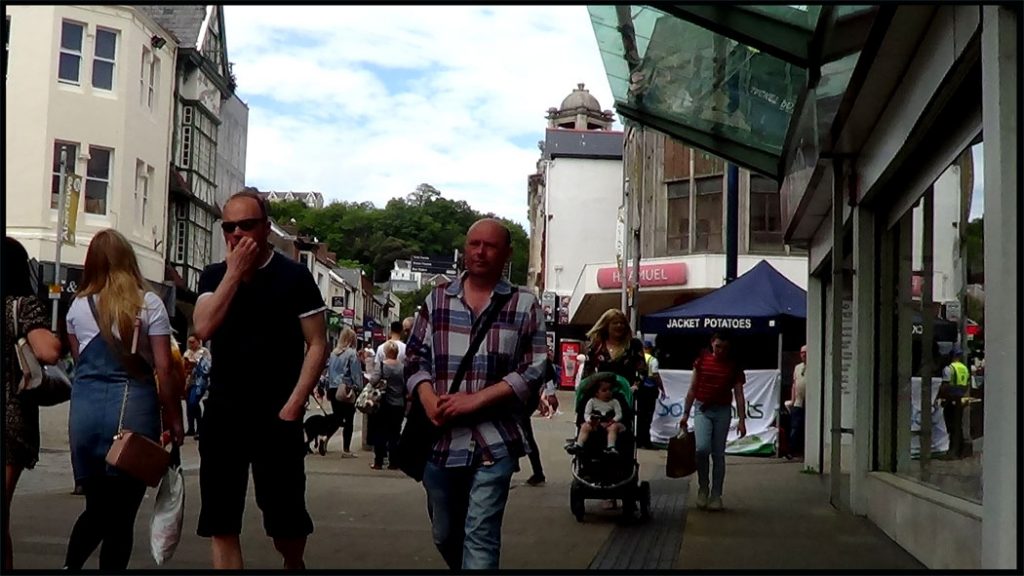
Good men, the last wave by, crying how bright
Their frail deeds might have danced in a green bay,
Rage, rage against the dying of the light.
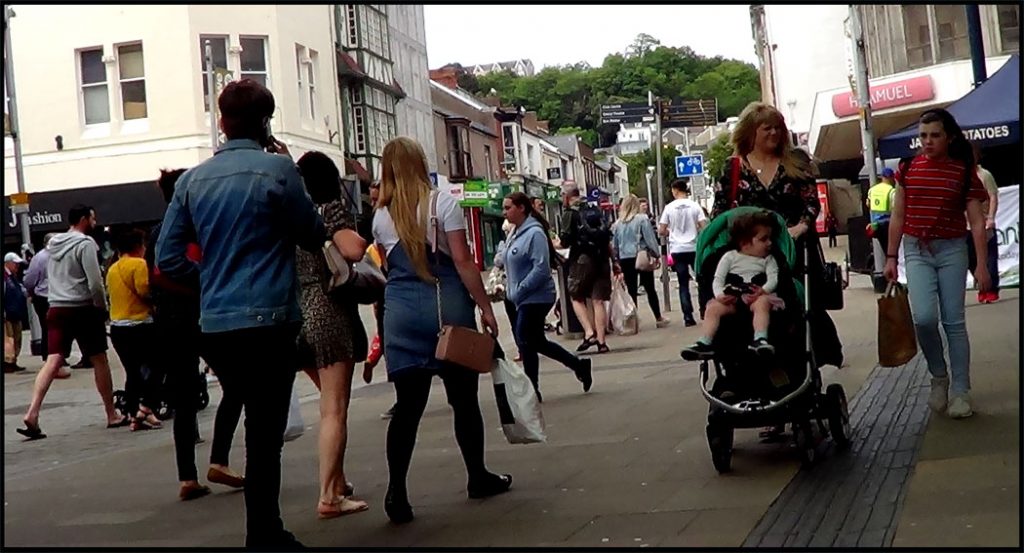
Wild men who caught and sang the sun in flight,
And learn, too late, they grieved it on its way,
Do not go gentle into that good night.
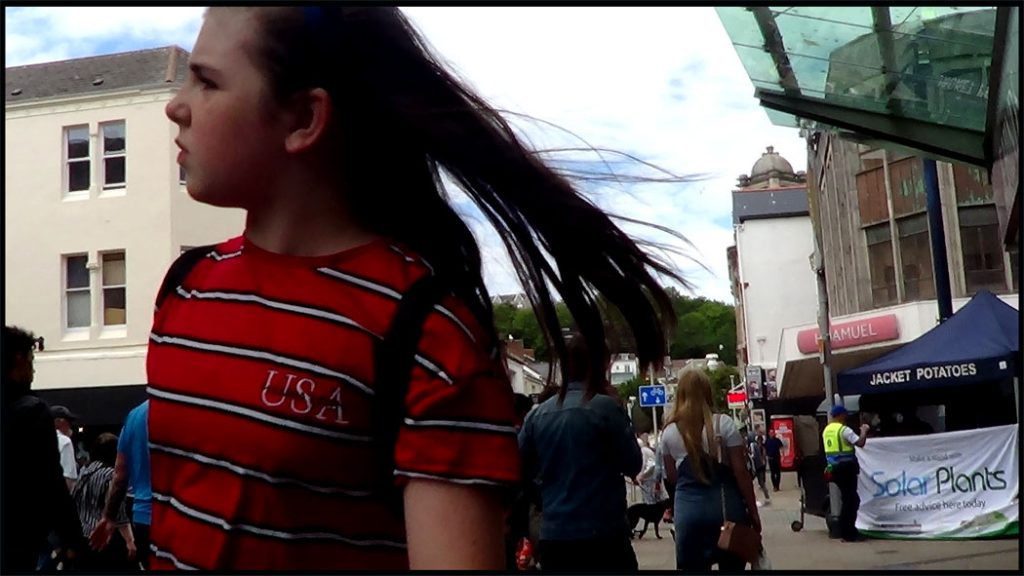
30 Grave men, near death, who see with blinding sight Blind eyes could blaze like meteors and be gay, Rage, rage against the dying of the light.
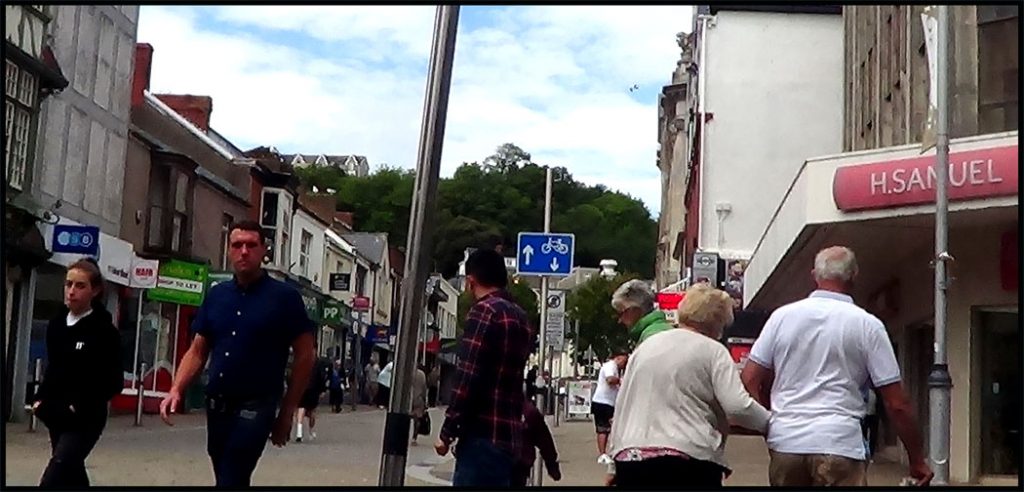
And you, my father, there on the sad height,
Curse, bless, me now with your fierce tears,
I pray. Do not go gentle into that good night.
Rage, rage against the dying of the light.
From A Poem For Every Night of The Year
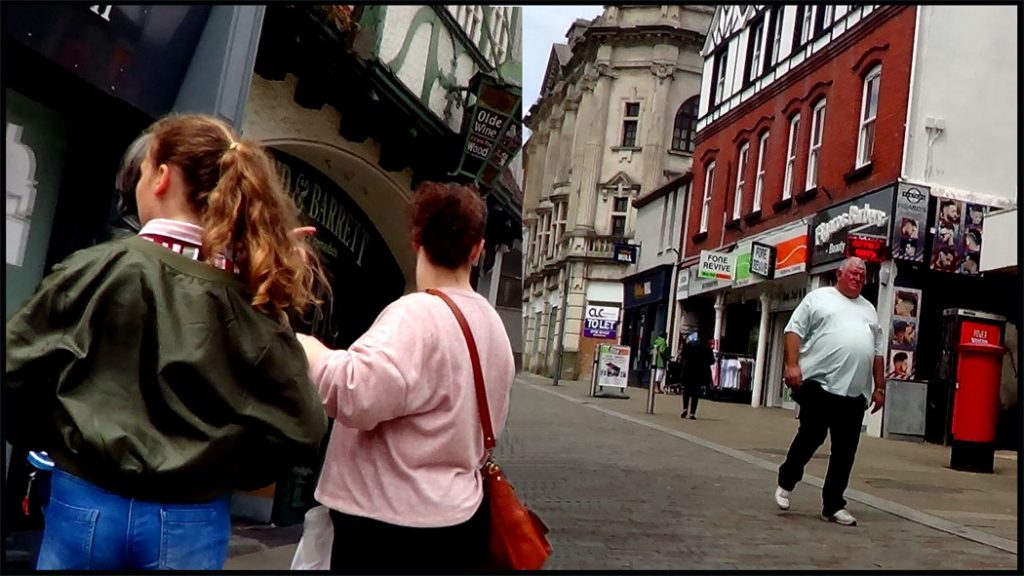
From ‘Under Milk Wood’ by Dylan Thomas
Every morning when I wake,
Dear Lord, a little prayer I make,
O please do keep Thy lovely eye
On all poor creatures born to die

And every evening at sun-down
I ask a blessing on the town,
For whether we last the night or no
I’m sure is always touch-and-go.

We are not wholly bad or good
Who live our lives under Milk Wood,
And Thou, I know, wilt be the first
To see our best side, not our worst.

O let us see another day!
Bless us all this night, I pray,
And to the sun we all will bow
And say, good-bye – but just for now!
From A Poem For Every Day Of The Year
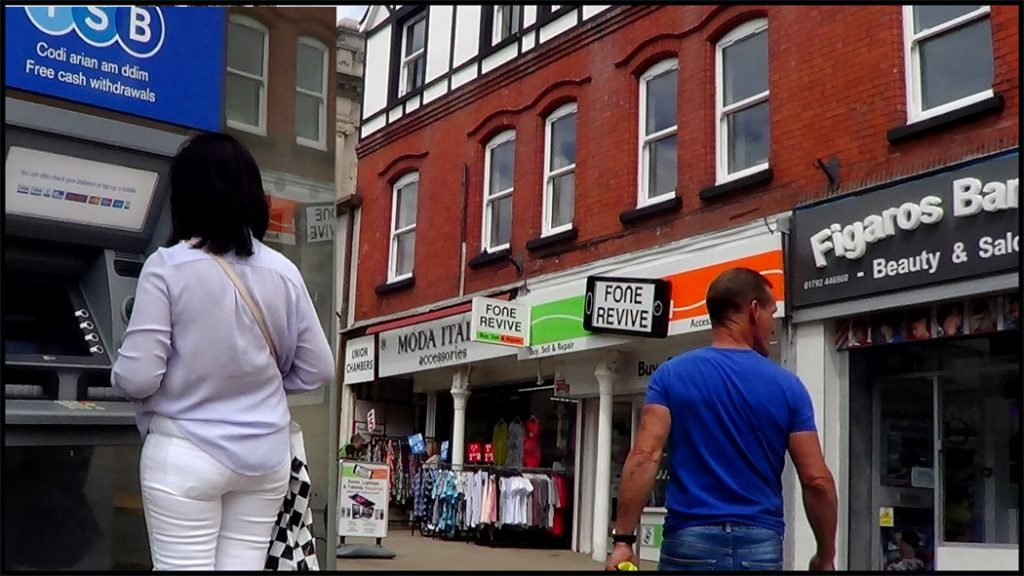
And Death Shall Have No Dominion by Dylan Thomas
And death shall have no dominion.
Dead man naked they shall be one
With the man in the wind and the west moon;
When their bones are picked clean and the clean bones gone,

They shall have stars at elbow and foot;
Though they go mad they shall be sane,
Though they sink through the sea they shall rise again;
Though lovers be lost love shall not;
And death shall have no dominion.
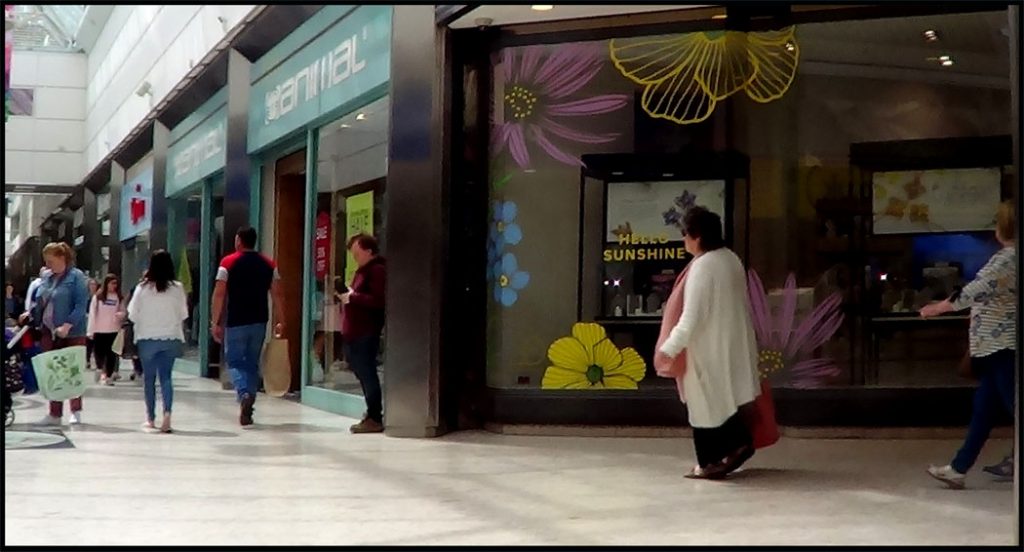
And death shall have no dominion.
Under the windings of the sea
They lying long shall not die windily;
Twisting on racks when sinews give way,

Strapped to a wheel, yet they shall not break;
Faith in their hands shall snap in two,
And the unicorn evils run them through;
Split all ends up they shan’t crack;
And death shall have no dominion.

And death shall have no dominion.
No more may gulls cry at their ears
Or waves break loud on the seashores;
Where blew a flower may a flower no more
Lift its head to the blows of the rain;
Though they be mad and dead as nails,
Heads of the characters hammer through daisies;
Break in the sun till the sun breaks down,
And death shall have no dominion.
From A Poem For Every Day Of The Year

From love’s first fever by Dylan Thomas
From love’s first fever to her plague, from the soft second
And to the hollow minute of the womb,
From the unfolding to the scissored caul,
The time for breast and the green apron age
When no mouth stirred about the hanging famine,
All world was one, one windy nothing,
My world was christened in a stream of milk.
And earth and sky were as one airy hill.
The sun and mood shed one white light.

From the first print of the unshodden foot, the lifting
Hand, the breaking of the hair,
From the first scent of the heart, the warning ghost, And to the first dumb wonder at the flesh,
The sun was red, the moon was grey, The earth and sky were as two mountains meeting.

The body prospered, teeth in the marrowed gums,
The growing bones, the rumour of the manseed
Within the hallowed gland, blood blessed the heart,
And the four winds, that had long blown as one,
Shone in my ears the light of sound,
Called in my eyes the sound of light.
And yellow was the multiplying sand,
Each golden grain spat life into its fellow,
Green was the singing house.

The plum my mother picked matured slowly,
The boy she dropped from darkness at her side Into the sided lap of light grew strong,
Was muscled, matted, wise to the crying thigh,
And to the voice that, like a voice of hunger,
Itched in the noise of wind and sun.

And from the first declension of the flesh
I learnt man’s tongue, to twist the shapes of thoughts
Into the stony idiom of the brain,
To shade and knit anew the patch of words
Left by the dead who, in their moonless acre,
Need no word’s warmth.

The root of tongues ends in a spentout cancer,
That but a name, where maggots have their X.

I learnt the verbs of will, and had my secret;
The code of night tapped on my tongue;
What had been one was many sounding minded.
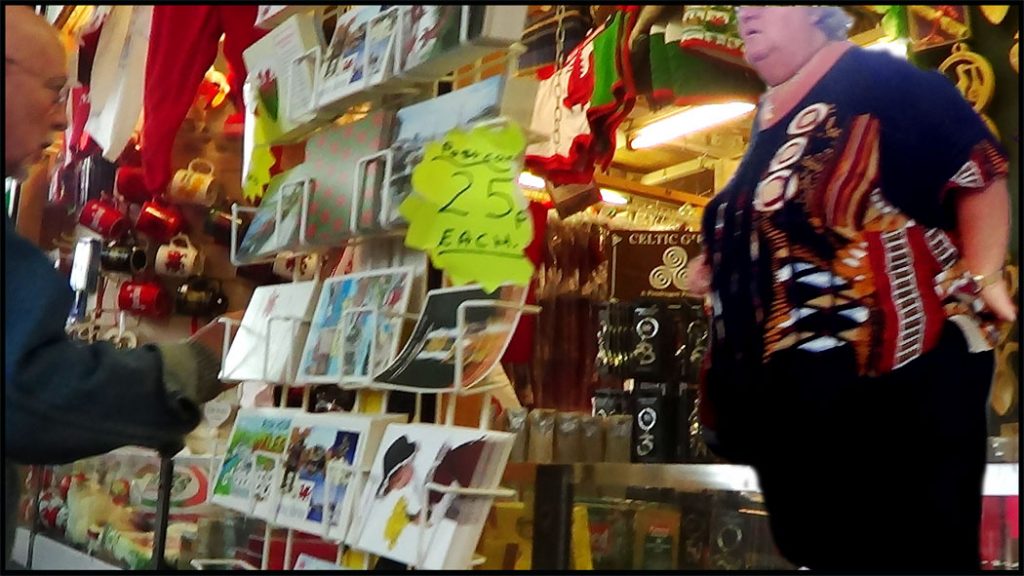
One wound, one mind, spewed out the matter,
One breast gave suck the fever’s issue;
From the divorcing sky I learnt the double,
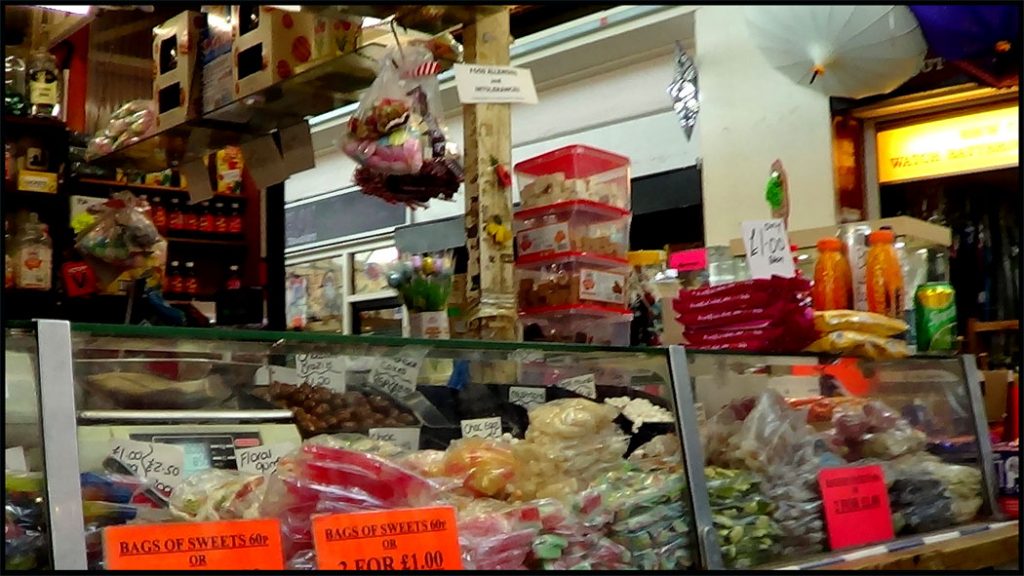
The two-framed globe that spun into a score;
A million minds gave suck to such a bud As forks my eye;
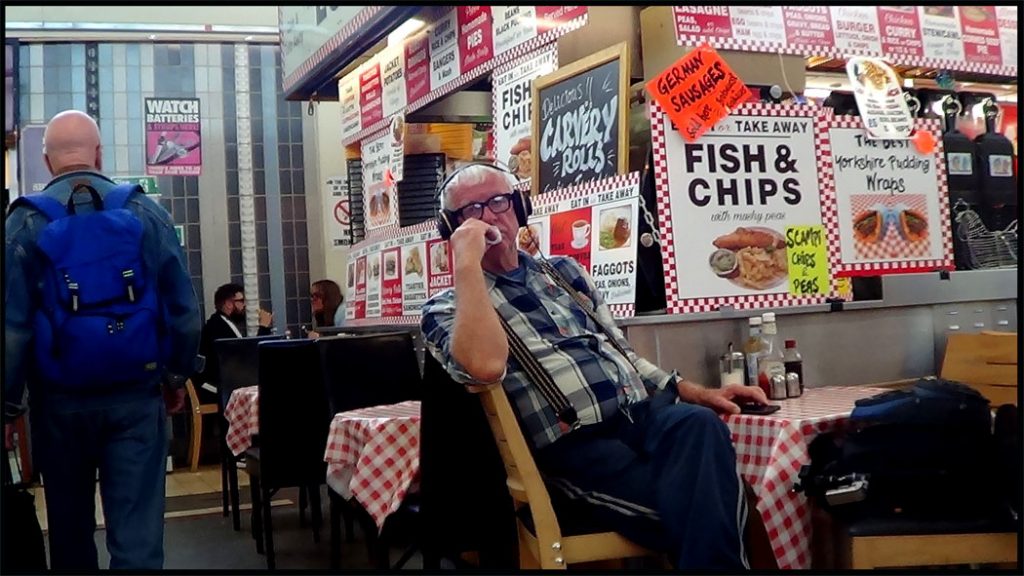
Youth did condense; the tears of spring
Dissolved in summer and the hundred seasons;
One sun, one manna, warmed and fed.
Poem by Dylan Thomas
Leave a Reply